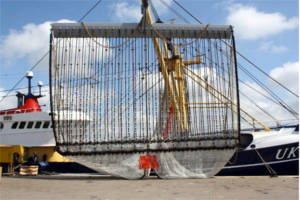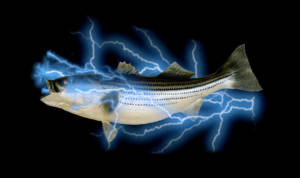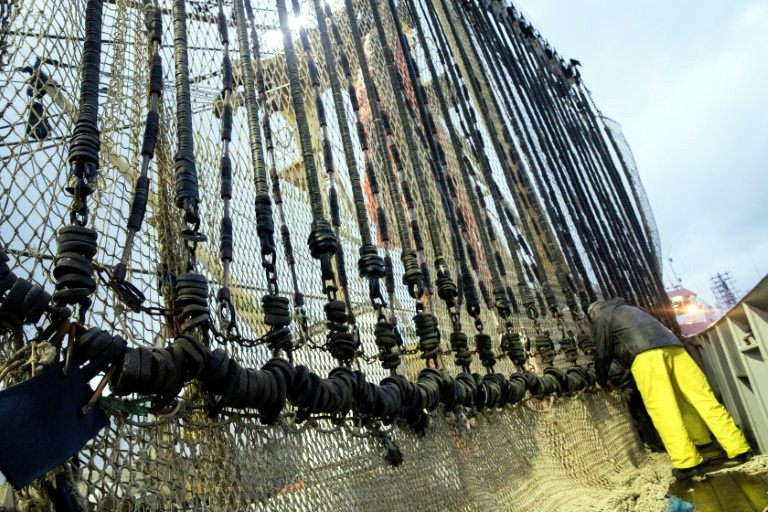Fishing boats have many different methods of catching fish. Developed from traditional techniques, the methods of fishing have remained relatively unchanged for centuries.
Technology has brought with it enhancements into the fishing industry, from electronic detection of fish, to the ability to monitor nets and controlled net deployment there’s been an explosion of tech designed to help increase yields and efficiency.
Not all fishing technology is beneficial however, and it appears a growing number of fishermen are adopting a new technique known as Pulse Fishing, a barbaric and destructive fishing practice.
Traditional trawling vessels deploy large nets from the back of their boats and the net sinks to near the seabed where fish congregate. The net is passed over the seabed and as it moves along it scoops up the fish in its path.
 Pulse fishing works by dragging a bed of electrodes over the seabed and as it passes it shocks the fish on the sea floor with electricity. The electrocuted fish are thrown up as they spasm from the shock and are caught by the net behind the electrode bed. The equivalent of tasering fish to death.
Pulse fishing works by dragging a bed of electrodes over the seabed and as it passes it shocks the fish on the sea floor with electricity. The electrocuted fish are thrown up as they spasm from the shock and are caught by the net behind the electrode bed. The equivalent of tasering fish to death.
This practice is seen as inhumane by many people worldwide and fishermen adopting these techniques are blind to the fact they are destroying the texture and flavour of the meat by catching fish in this way.
Animals produce adrenaline when experiencing stress, such as that from an electrocution, and this affects not only the texture of the meat, but its flavour as well.
An unstressed animal releases glycogen after death which is turned into lactic acid which helps make the meat tender and full of flavour. The adrenaline released in a stressed animal uses up the glycogen affecting the amount of lactic acid present after death. Stressed meat is tough, tastes inferior and is high in PH. It will also spoil quicker as the absence of lactic acid promotes growth of bacteria.
 There are calls to rectify slaughterhouse practices across the whole meat and fish production industries for this very reason. The pork industry loses £209 Million per year due to inferior and stressed meat as it requires disposal.
There are calls to rectify slaughterhouse practices across the whole meat and fish production industries for this very reason. The pork industry loses £209 Million per year due to inferior and stressed meat as it requires disposal.
Pulse Fishing is labelled as an experimental fishing method in the Netherlands and the Dutch fishermen are trialling it. The unfortunate part is that the experimental label is being largely abused and used as a loophole to carry out the inhumane electrocution. Any Dutch fisherman wishing to partake in Pulse Fishing must simply register their vessel as part of the research program, that’s all there is to it.
As the pulse fishing program and method are still in trial, no one knows the long-term effects to the marine environment when electrocuting fish. In fact, the practice has been banned in almost every country in the world, although the EU has some catching up to do, it appears most countries are just not willing to give Pulse Fishing the time of day, and rightly so.
Marrfish boats and their skippers do not practice Pulse Fishing, and never will as we believe in the humane techniques of old, the right way to catch fish. We embrace technology when it has a place or a real use for saving money, time or increasing yields but would never use something as disgusting as Pulse Fishing.
Our fishermen are aware of the great natural resource in their plentiful oceans and want to provide you, the chef, with great quality fish that your customers love and come back for time and again.
Our skippers and their crews do what they do for love, not money, and perhaps we could teach the Dutch a thing or two about quality over quantity.
[1] – https://www.atlasobscura.com/articles/why-scared-animals-taste-worse

